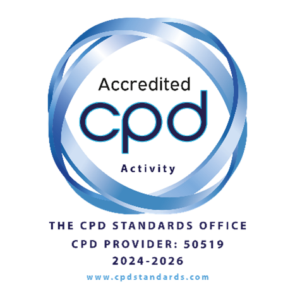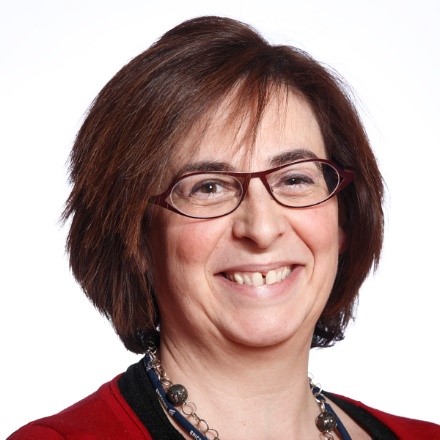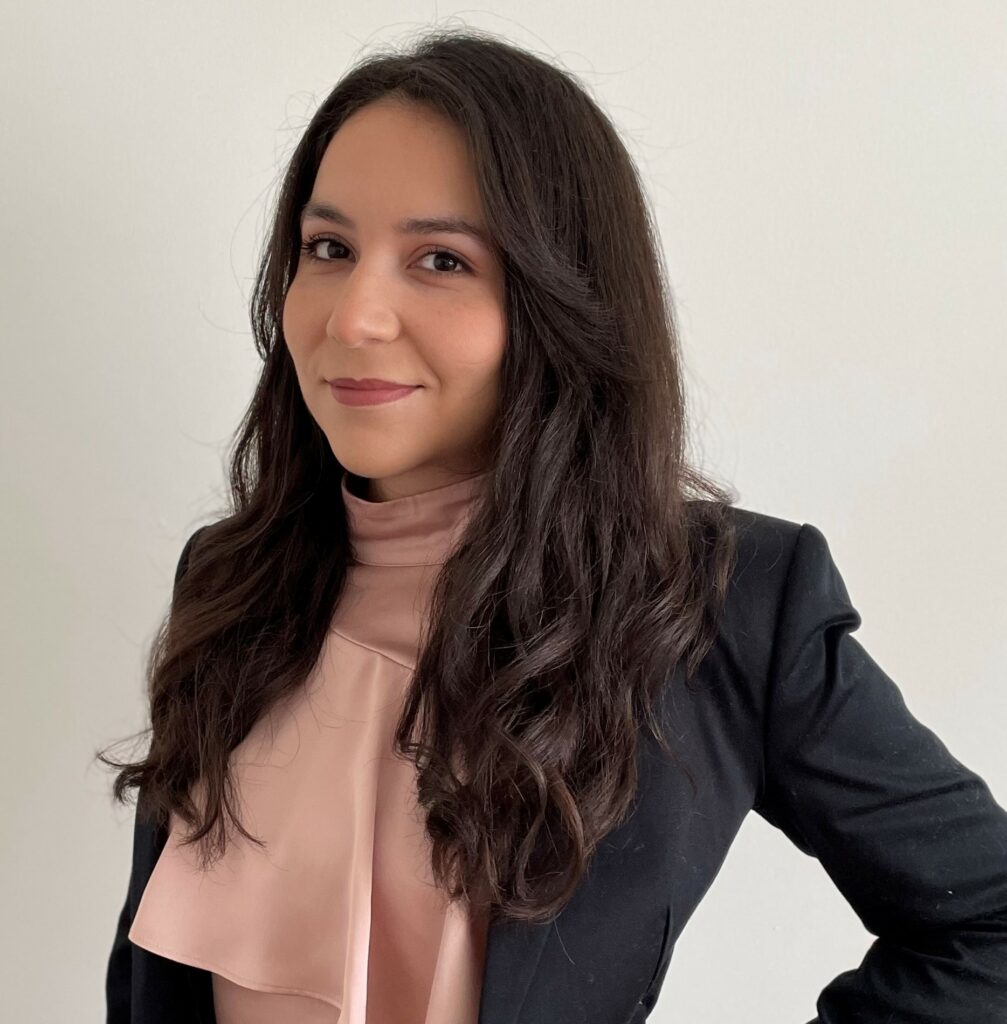
5G – The Path to the Next Generation
Overview
The mobile industry is embarking on the transition to fifth-generation (5G) technology, which builds on the achievements of 4G while also creating new opportunities for innovation. 5G is ushering in a new era that will see connectivity become increasingly fluid and flexible.
This four-week course covers the key aspects of 5G technology and examines the role governments and regulators can play in helping unlock the benefits of future 5G services for their citizens.
Course Objectives
- Learn about the underlying technologies and concepts associated with 5G.
- Discover the key differences between 5G and previous generations of mobile technology.
- Understand how governments and regulators can help accelerate the development of 5G technology and services in their countries.
Course Enrolment Criteria
This course is open to:
- Regulators
- Policymakers
- Representatives from academia and international organisations working on regulatory or policy issues
We cannot accept applications from individuals working in the private sector or those not involved in policy or regulation.
Course Completion Certificates
All our courses are certified by the United Kingdom Telecoms Academy (UKTA) and accredited for Continuing Professional Development (CPD).

This course equates to 13 hours of CPD training.
To qualify for a course completion certificate, you must view all the course sessions and answer correctly all the quiz questions you will find as you progress through the sessions. You will also need to fill out the course survey.
You do not have to complete a final project to earn a course completion certificate but we strongly encourage you to create one. Putting together a final project will give you an opportunity to reflect on the principles covered during the course and help you discover how they could be applied to your own country. If you submit a final project the course trainer will provide you with valuable feedback that you may find useful in your day-to-day work.
Course Structure and Study Time
The course consists of four sessions and you will gain access to all of them on the course start date. You will have the opportunity to ask questions about the content of the course during two live chat sessions as well as on the course forum.
It should not take you more than two to three hours of study time per week to complete the course in four weeks. You will have, however, seven weeks to complete it. If after seven weeks you have not completed the course, you will have to start it again next time it is offered.
If you decide to submit a final project, it will probably take you four to six hours to put it together. You will have seven weeks to submit your final project.
If you have any special needs regarding this training course, please us let us know via our contact form so we can get in touch to discuss how your needs can be met.
Enrolment is curently not open.
Enrolment is curently not open.

